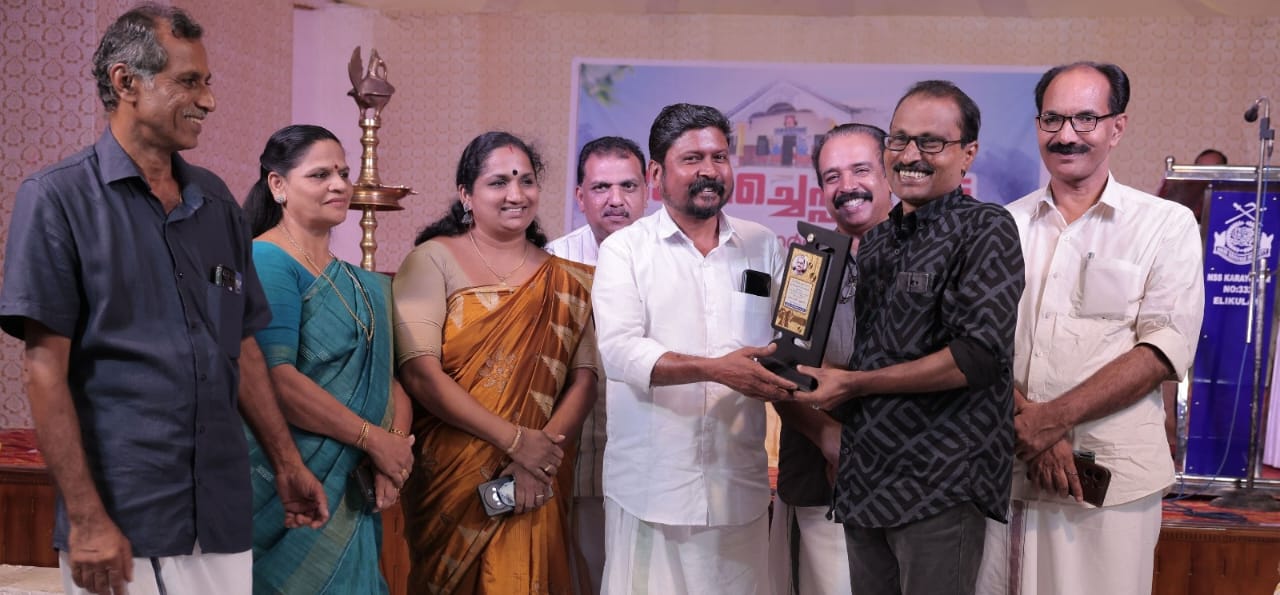As a global wave of vaccine development sweeps across nations, countries are racing to immunize their populations against a range of diseases. However, Ireland’s recent approval of a vaccine for a common illness, chickenpox (varicella), has been a long time coming.
The chickenpox vaccine has been available since the 1970s, with several countries in Europe, as well as Australia, Canada, and the US, having implemented their own national childhood vaccination programmes long ago. While the vaccine has been available privately in Ireland, it took until last year for health officials to recommend its inclusion in the country’s immunisation schedules.
Last summer, the Health Information and Quality Authority (HIQA) found that the chickenpox vaccine would likely be cost-effective if offered to all children in Ireland. As a result, Minister for Health Stephen Donnelly has approved the vaccine for widespread use. The Department of Health has confirmed plans to introduce the vaccine into the childhood immunisation programme from next year, subject to funding being made available.
Once included in the programme, the vaccine will be administered in two doses – the first at 12 months of age, and the second in the first year of primary school, mirroring the current MMR inoculation schedule. According to HIQA chief scientist Dr Conor Teljeur, strong two-dose vaccination coverage in the population could have dramatic effects on the future of chickenpox in Ireland. He stated that while one dose of the vaccine will reduce severe disease, including hospitalizations and overall occurrences, two doses have the potential to further reduce the number of cases and eliminate chickenpox altogether.
The introduction of the chickenpox vaccine will be a welcome relief for paediatricians and parents of immunocompromised children who are particularly susceptible to the disease and more prone to complications. While it is estimated that around 58,000 people get chickenpox in Ireland annually, 170 hospitalized cases were recorded last year, far exceeding pre-pandemic levels (93 cases led to hospital admission in 2019).
While most complications are rare, they can be severe, including meningitis, stroke, and inflammatory syndromes such as encephalitis and cerebellitis. An increasingly common complication is group A strep, a condition that can infect children via chickenpox lesions and potentially spread to cause sepsis. Last year saw cases of group A strep rise dramatically, from 99 reported infections in 2022 to 533 in 2023, highlighting the significant risk posed by the condition.
To the children and families most vulnerable to potential chickenpox complications, developing herd immunity through high levels of vaccination will be crucial to keeping them safe and well. The approval of the chickenpox vaccine in Ireland, although long overdue, marks a significant step forward in protecting the health and well-being of the nation’s children.











